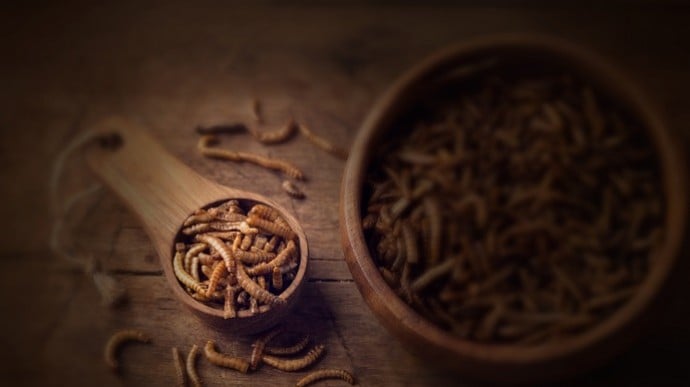Welcome to the third issue of, RE.SEARCH, which is available on the University of Pretoria’s (UP) dedicated science communication platform, Research Matters.
The first two issues looked at ‘Sustainability’ and ‘Innovation’. Issue 3 looks at how we can ‘Renew’ our ways of thinking and grow possibilities. This edition features research that should excite everyone from the Beyhive to forensic pathology enthusiasts to understanding new ways of work. It is now available.
The idea of renewal has come to the fore strongly in a post-COVID-19 pandemic world where we have had to rapidly rethink and revitalise our ways of working, thinking and being.
On a daily basis our researchers are working on ways to renew and rethink the world. In this magazine, we highlight a small portion of some of the knowledge we produce and a cross section of some new ways of thinking about old problems.
Our cover image symbolises this by showing that a leaf is not always a leaf.
A renewed way of thinking about a leaf is when it’s viewed as a highly-efficient organic solar cell.
Learning from nature is just one of the ways in which we can renew our thinking and reimagine our future. You can read more about how our researchers are using nature as a guide for renewable energy by developing organic solar cells – providing cost-effective, efficient and sustainable energy.
Simply click on the cover to open the hosting page and then click on the magazine cover again and scroll through the pages to read.
August 5, 2022
 Story
Story
Cricket à la king? How about a yellow mealworm burger? Foods that may previously have evoked a ‘yuck’ response are now firmly on the menu. Research into edible insects by the Department of Zoology and Entomology at the University of Pretoria (UP) is exploring how to rear and harvest this food of the future.
 Story
Story
Generative artificial intelligence (GenAI) is changing how we work, play and relax. Whether you use ChatGPT to write a brief, Midjourney to generate visuals or MuseNet to create unique soundtracks, these technologies have opened up opportunities for richer content.
 Story
Story
A single query to ChatGPT uses as much electricity as burning a light bulb for about 20 minutes. Multiply that by the millions of requests that this artificial intelligence (AI) chatbot receives each day, and the environmental impact is ominous.
Copyright © University of Pretoria 2025. All rights reserved.
Get Social With Us
Download the UP Mobile App